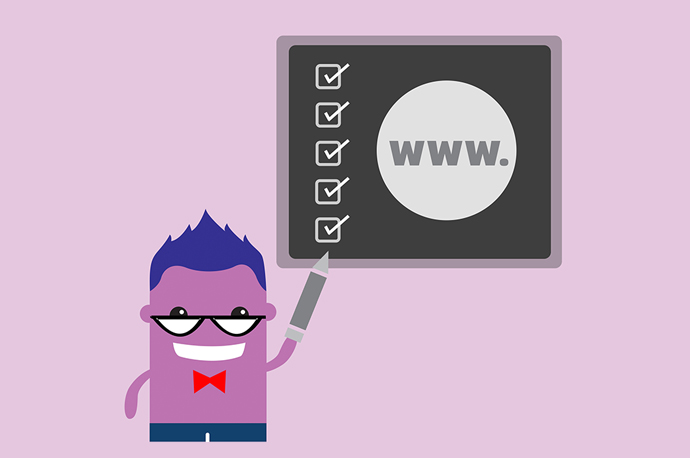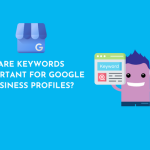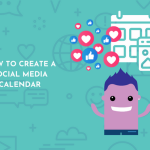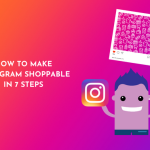With social media becoming increasingly ubiquitous, it only stands to reason that many businesses might eschew traditional websites in favor of building their social media channels.
It might sound tempting to abandon your website, and build your audience solely through social media – after all, it is less maintenance and upkeep, plus you have direct engagement with users.
However, despite social media’s popularity, a website still remains an absolute must for any business. Though there is a vast array of broadcast channels available through social media to reach your audience, nothing really competes with the effect of a physical website.
1) Your audience is yours
The first and foremost reason for building and maintaining your website? You own your audience. You know exactly why they are visiting your webpage, what they like and dislike and are able to collect numerous different data points. The key difference between this and using social media? You own your data.
With social media, you are only able to access a small piece of the collected data – the platforms use the rest. This is why it is essential to have a social media presence and a website both because it will give you different types of data that can be used when crafting an overall digital strategy.
2) A must for email marketing
One of the strongest methods of digital marketing is email, and that is not likely to change soon. Email marketing is one of the best ways to directly reach out to your audience, and really demonstrate your product catalog and your content.
Social media is not great at collecting emails or really providing solid contact details for leads. There is still a great deal of manual engagement needed to collect that information, which takes time. With a website though, you are easily in control. You can collect email addresses and build targeted lists that reach out a wide demographic.
3) Greater brand control
The other limitation of having just social media? You are bound by their platform and its constraints for displaying your brand. Whether it is something small like image sizes, or really showcasing product information, there is a great deal of experimenting and tweaking needed to really perfect your brand on these channels.
With your own website, you are able to control how your brand is displayed and really demonstrate what sets you apart. You do not need to conform to different social media requirements, and really go all out in showing off your brand.
4) Analytical insights like no other
The earlier data point comes back because that is really the most important point. Your marketing campaigns are only as strong as the data you collect because that will directly feed into the marketing strategy.
With social media, your analytical range is limited. But on a website, you are able to get a clear idea of what content garners interest, what users are engaging with and where they are struggling. But most importantly, you get a clear understanding of what is working. Social media provides great insight, but it has its limitations – that is where a website is able to fill the gaps.
5) A place to call home and establish credibility
Ultimately, a website is a home for your products. That might sound a little cheesy but think of it as a repository for your content, contacts and other important information that cannot be included on a social media page. It provides users with a base they can visit, and learn a lot more about what you do.
The other benefit? It is an instant way to establish credibility. Users are able to develop trust in your products, and you are also able to show off exactly why customers should purchase from you. In one fell swoop, you are able to establish deeper trust and credibility and strengthen your user base.






 Reputation Management
Reputation Management Customer Voice
Customer Voice List Management
List Management Social Marketing
Social Marketing Online Advertising
Online Advertising Content Development (Copywriting)
Content Development (Copywriting) SEO & Visibility
SEO & Visibility Brand Analytics
Brand Analytics Website Design
Website Design Loyalty and Experiences
Loyalty and Experiences